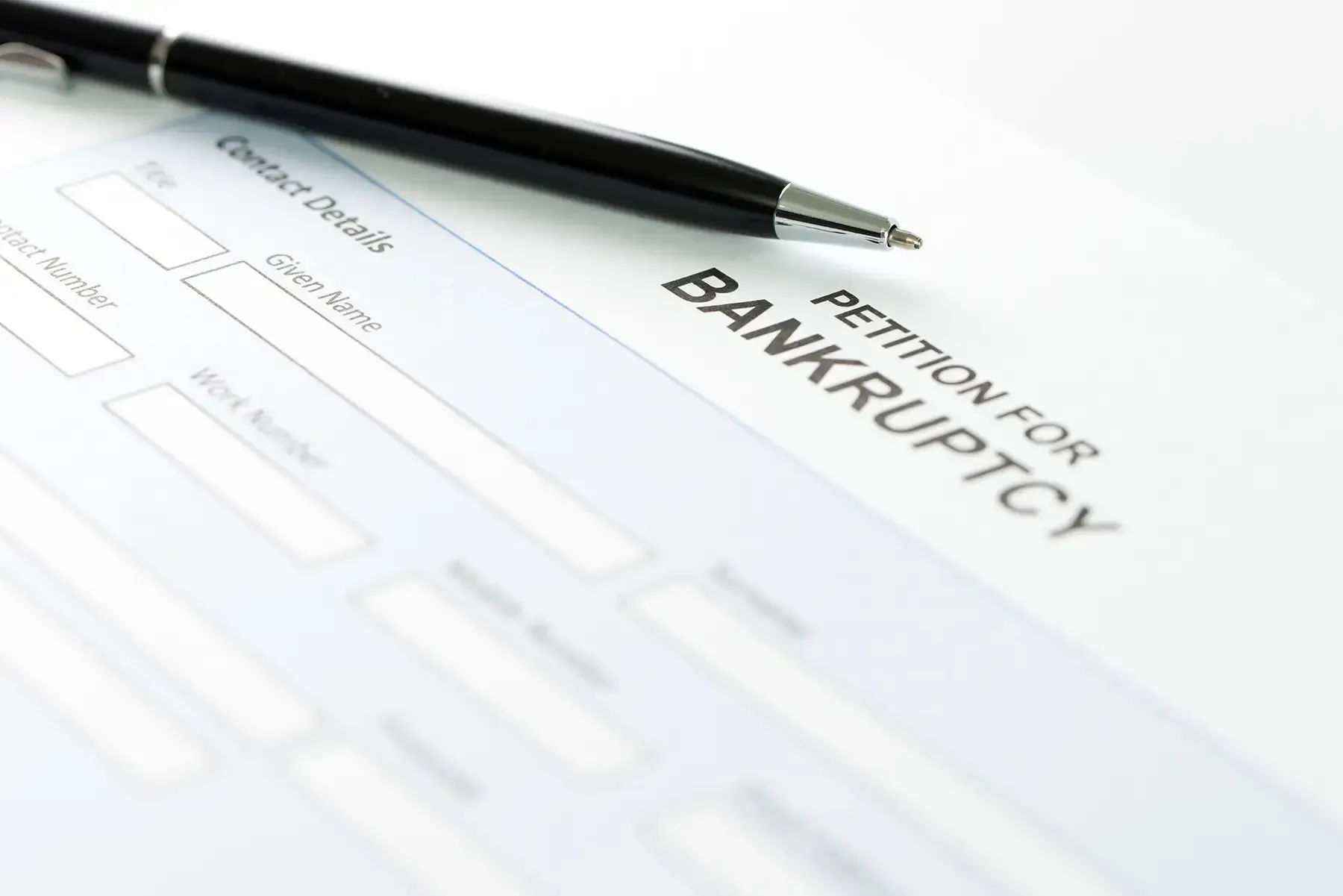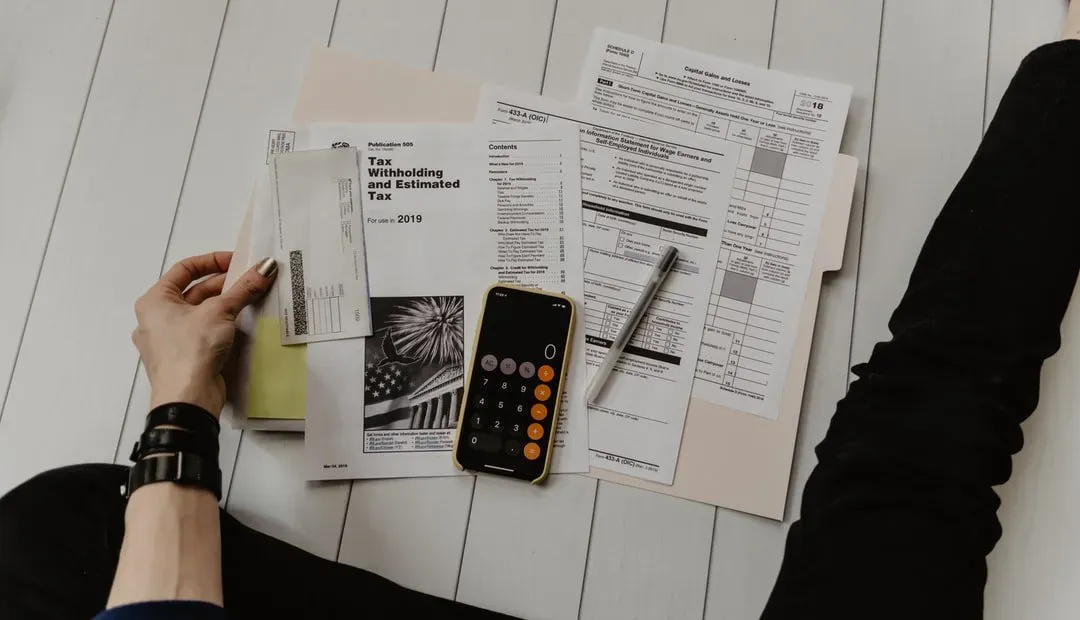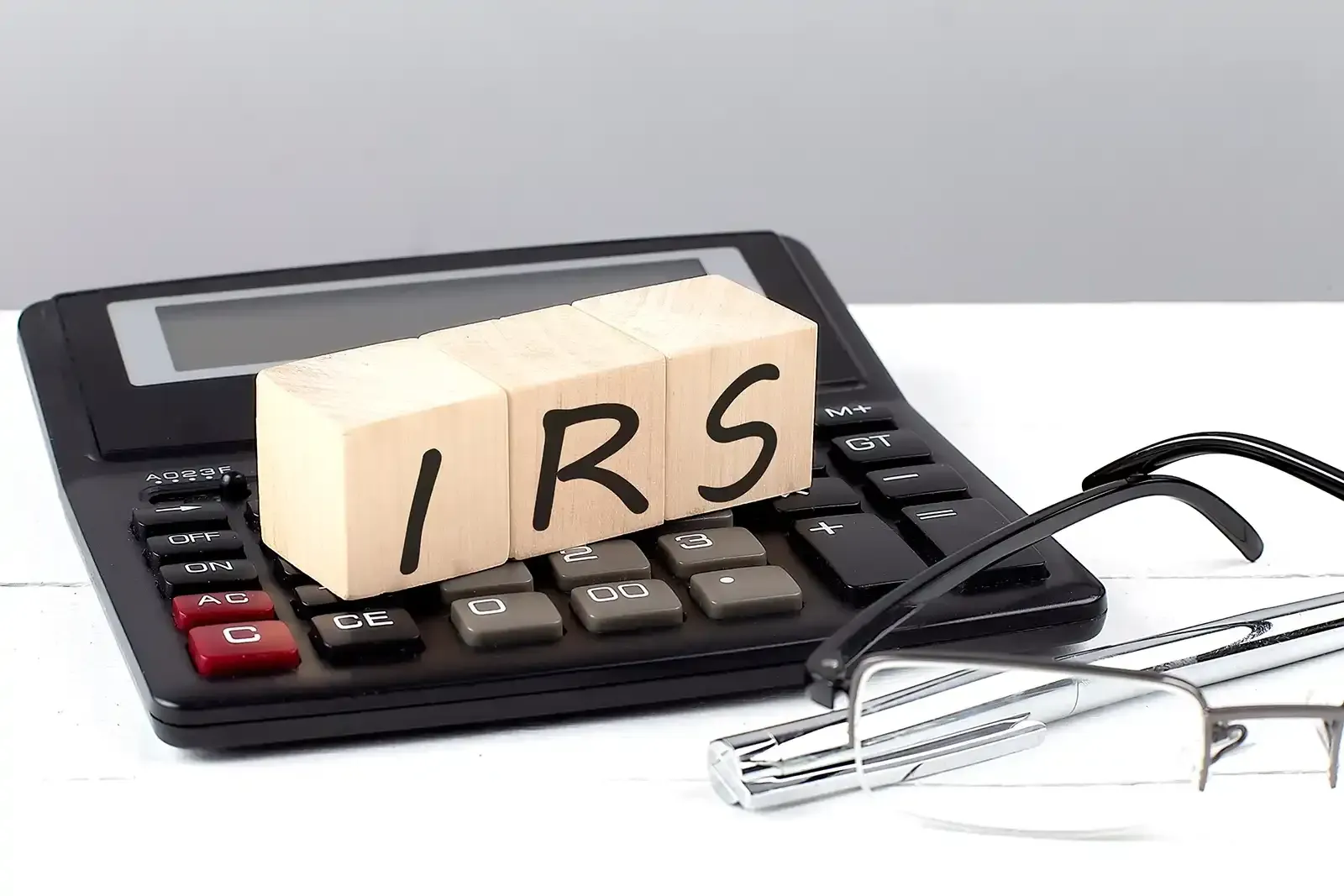How quickly can you stop wage garnishment?
Wage garnishment is one of the most powerful weapons in the debt collector’s arsenal, allowing creditors to seize up to 25% of a debtor’s wages per pay period.
From the debtor’s perspective, garnishment is a devastating turn of events. A person who was already struggling to make ends meet is suddenly losing up to a quarter of his or her paycheck. If a bad debt situation has resulted in wage garnishment or the threat of the same, do not lose hope. You have powerful legal options at your disposal.
EMERGENCY RELIEF IS AVAILABLE
By filing for bankruptcy, you can stop wage garnishment and other creditor actions almost immediately. As soon as you file, the automatic stay goes into effect. This is a legal injunction that bars debt collectors from garnishing wages, foreclosing on property and taking other legal actions against debtors. The automatic stay even prevents creditors from calling you.
Depending upon how fast you need relief and if your bankruptcy attorney is able to prioritize your case, you can stop wage garnishment in as little as one day.
WHAT HAPPENS NEXT?
After successfully stopping wage garnishment by filing for bankruptcy, you earn some breathing room from creditor actions and can continue with the process of resolving your debt situation. The next steps depend upon which chapter of bankruptcy you file under.
- In a Chapter 7 bankruptcy, your unsecured debt will be discharged after completing a legal process that takes around four to six months.
- In a Chapter 13 bankruptcy, you will pay back all or a portion of your debt through a court-approved payment plan that lasts between three and five years.
Wage garnishment is one of the worst financial setbacks you can face, but the power is in your hands to stop it. Bankruptcy is not right for everyone, but for many it has proven the most effective means of overcoming problematic debt and moving on to a brighter financial future.







